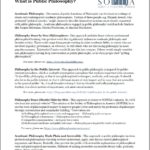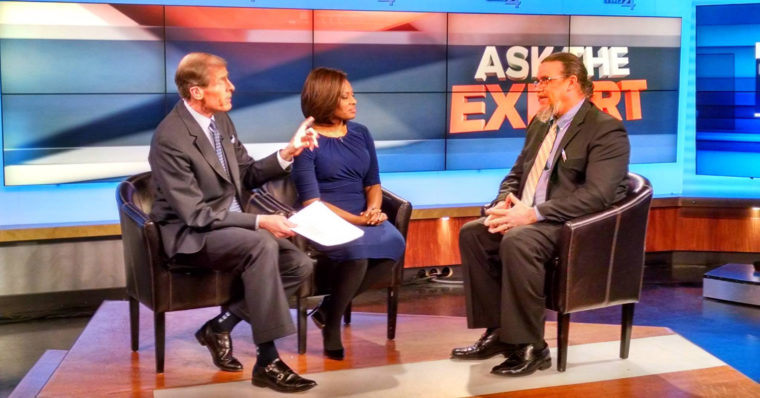In episode 83 of Philosophy Bakes Bread, Eric Thomas Weber and Anthony Cashio interview Dr. Andrew Light on “Philosophy and Environmental Policy.”
Dr. Light is University Professor of Philosophy, Public Policy, and Atmospheric Sciences and Director of the Institute for Philosophy and Public Policy at George Mason University. He is also Distinguished Senior Fellow at the World Resources Institute in Washington, D.C. From 2013-2016 he served as Senior Adviser and India Counselor to the U.S. Special Envoy on Climate Change, and as a Staff Climate Adviser in the Secretary of State’s Office of Policy Planning in the U.S. Department of State. In this capacity he was Co-Chair of the U.S.-India Joint Working Group on Combating Climate Change, Chair of the Interagency Climate Working Group on the Sustainable Development Goals, and served on the senior strategy team for the UN climate negotiations.
Andrew works both as an academic, for the past 20 years concentrating on implications of environmental policy, and as a policy expert and advocate woking on international climate and science policy. In recognition of his work, Andrew was awarded the inaugural Public Philosophy Award from the International Society for Environmental Ethics — which henceforth will be designated the “Andrew Light Award for Public Philosophy” in June 2017, as well as he inaugural “Alain Locke Award” for Public Philosophy from the Society for the Advancement of American Philosophy in 2016, and a Superior Honor Award from the U.S. Department of State in July 2016 for “contributions to the U.S. effort that made the 21st Conference of the Parties to the UN Framework Convention on Climate Change in Paris, where the landmark Paris Agreement was concluded, a historic success.”
Listen for our “You Tell Me!” questions and for some jokes in one of our concluding segments, called “Philosophunnies.” Reach out to us on Facebook @PhilosophyBakesBread and on Twitter @PhilosophyBB; email us at philosophybakesbread@gmail.com; or call and record a voicemail that we play on the show, at 859.257.1849. Philosophy Bakes Bread is a production of the Society of Philosophers in America (SOPHIA). Check us out online at PhilosophyBakesBread.com and check out SOPHIA at PhilosophersInAmerica.com.
(1 hr, 16 mins)
Click here for a list of all the episodes of Philosophy Bakes Bread.
Subscribe to the podcast!
We’re on iTunes and Google Play, and we’ve got a regular RSS feed too!
Notes
- Aldo Leopold, A Sand County Almanac (New York: Ballantine Books, 1986).
- The Paris Agreement, The United Nations Climate Change.
- Center for American Progress.
- The Montreal Protocol on Substances that Deplete the Ozone Layer.
- SOPHIA Trustee Emeritus Dr. John J. McDermott.
You Tell Me!
For our future “You Tell Me!” segments, Andrew asked the following question in this episode:
“What do you think is needed to get Americans closer together on an issue like climate change, regardless of their political traditions or inclinations? [One rule: You can’t start by denying there’s climate change – assume there’s climate change, then go…]”
Let us know what you think! Via Twitter, Facebook, Email, or by commenting here below.


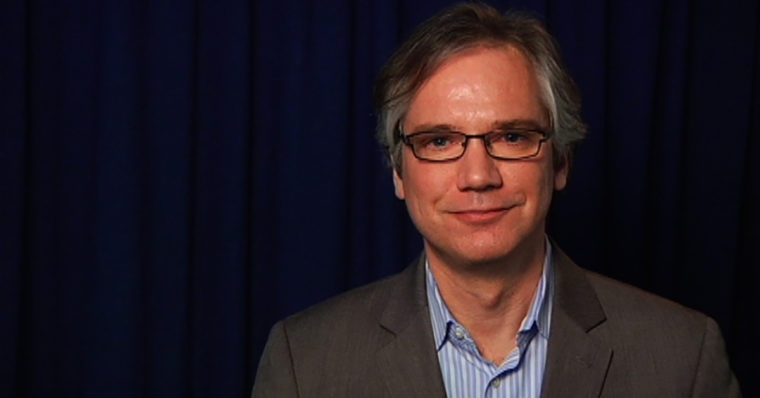



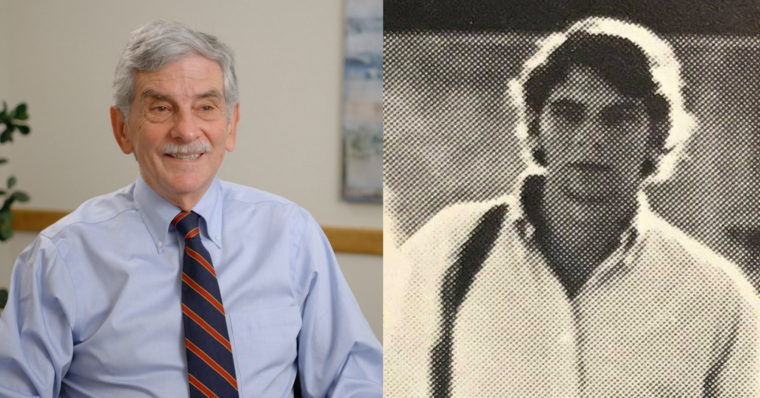


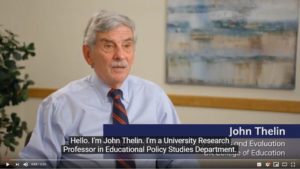
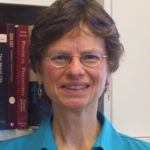
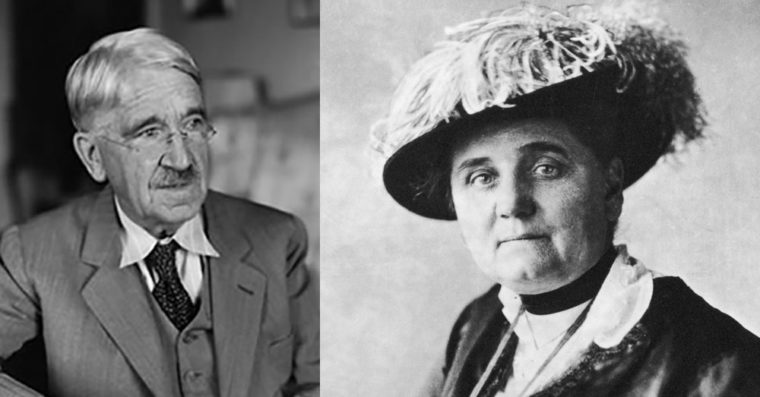
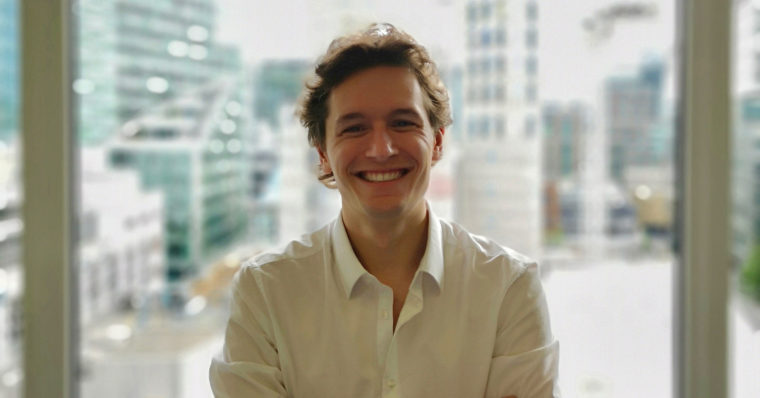
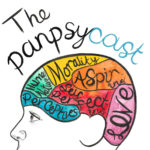
 Young Jack Symes photo. Why? Because the photo is adorable and suffering is a heavy topic 😉
Young Jack Symes photo. Why? Because the photo is adorable and suffering is a heavy topic 😉